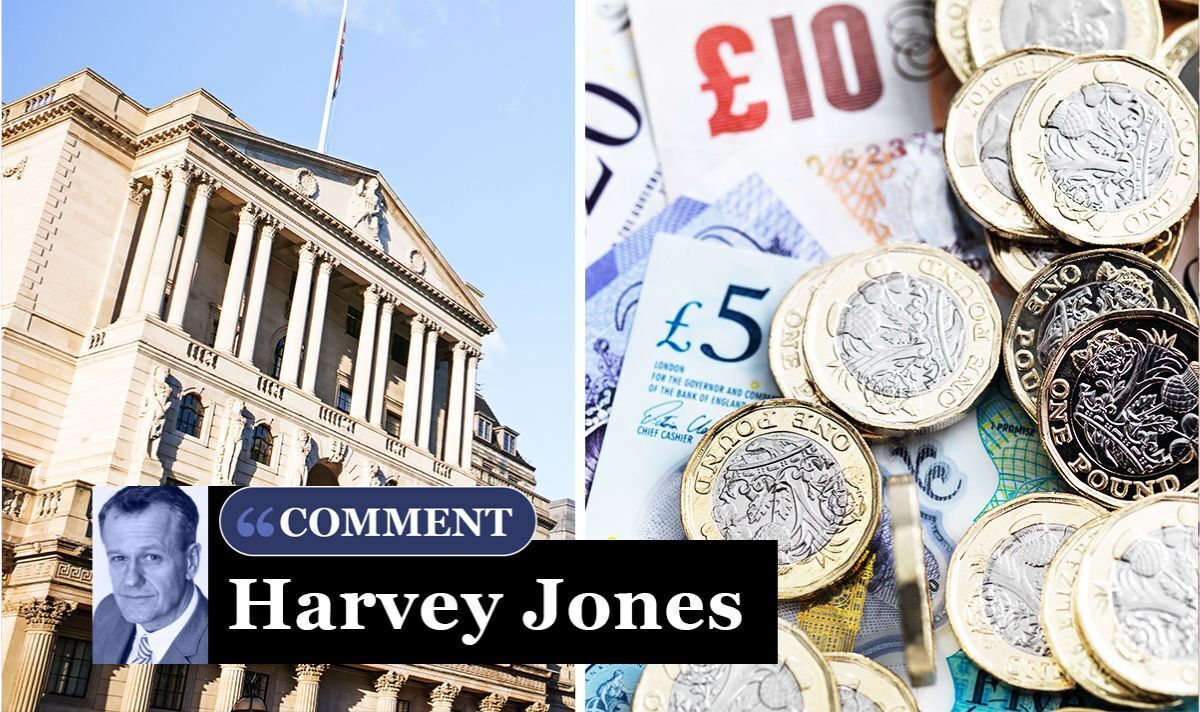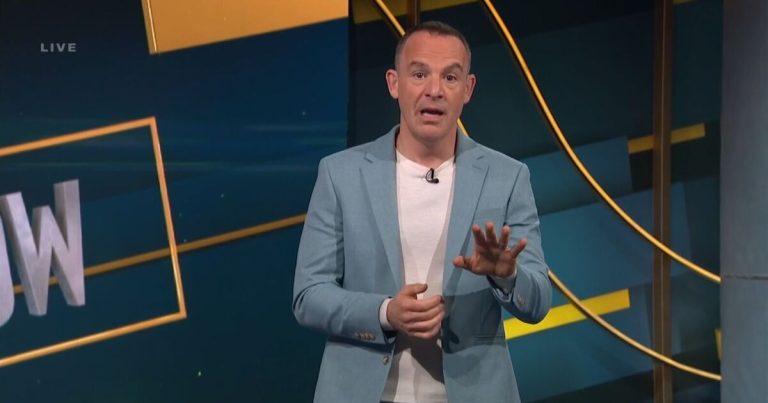
Yet high street giants Barclays, HSBC, Lloyds and NatWest have abdicated their responsibility to reward savers, and little-known challengers now rule the savings rate tables.
Savers can scarcely believe their eyes as rates soar past five percent with new best buy deals released almost every day.
The Bank of England is set to hike base rates again on Thursday, possibly by 0.5 percent, which would lift today’s base rate from 4.5 percent to five percent.
That could send best buy savings rates hurtling towards six percent, leaving savers facing a tough choice.
Should they lock into a top rate today, or wait in case rates get even better?
Both variable and fixed rate savings products are climbing with Coventry Building Society and West Brom paying four percent.
These accounts restrict the number of annual withdrawals so as ever, check terms and conditions before signing up.
Challenger banks Paragon and Shawbrook both pay 3.91 percent with easy access, while Aldermore pays 3.70 percent but again, check those T&Cs.
The one-year fixed rate savings bond market has been particularly frantic, as providers play leapfrog to put themselves top of the table.
Friday ended with SmartSave Bank paying 5.43 percent, OakNorth paying 5.42 percent and Charter Savings Bank paying 5.40 percent.
Today’s highest rate of all comes from a little-known operator that is starting to make quite a buzz.
Beehive Money has swept to the top of the best buy tables with a three-year fixed rate bond paying 5.45 percent.
Although it has been around since 2018, it’s slipped my attention so far. Now it’s taking wing.
It’s backed by the Nottingham Building Society, which launched almost 175 years ago.
For added security, savers also benefit from UK deposit protection, as the first £85,000 is covered by the Financial Services Compensation Scheme (FSCS).
New applicants don’t have to be a Nottingham BS member, they just need to be UK resident, with a UK-registered mobile number and a unique email address.
Minimum opening balance is £500 and the maximum deposit is £250,000, but as always only the first £85k gets FSCS protection (£170k for joint accounts).
Three-year fixed-rate bonds are a hive of activity, with another challenger, Recognise Bank, paying 5.40 percent a year and United Trust Bank paying 5.35 percent.
Five-year fixed rates pay slightly less, as banks assume inflation and interest rates will be much lower towards the end of the savings term.
READ MORE: Survive house price crash, clear debt AND get up to 8% on your savings
Tandem leads in the five-year bond market paying a fixed 5.35 percent via savings platform Raisin UK, with United Trust Bank close behind at 5.25 percent.
A five-year fix would give you high interest all the way through to 2028, just remember you cannot access your money in that time.
Even the very best rates are still some way below April’s inflation figure of 8.7 percent. May’s inflation figure is published on Wednesday when markets expect only a slight dip to 8.5 percent.
The BoE will hike interest rates on Thursday.
However, historic inflation rates do not matter to savers putting money into cash accounts today, what counts is where inflation goes next.
If it does start to slide then today’s long-term fixed rate accounts could offer an inflation-busting return at some point in their term.
There are no guarantees though. Those with larger sums could put their savings into several accounts with different terms, to spread their risk.
Do not rule out short-term notice accounts, either. For example, Hampshire Trust Bank pays 4.83 percent for nine months, while Monument pays 4.70 percent for six months.
Delaying is tempting but remember, you will be getting a lower rate of interest on your savings in the interim. At some point, you have to take the plunge.





